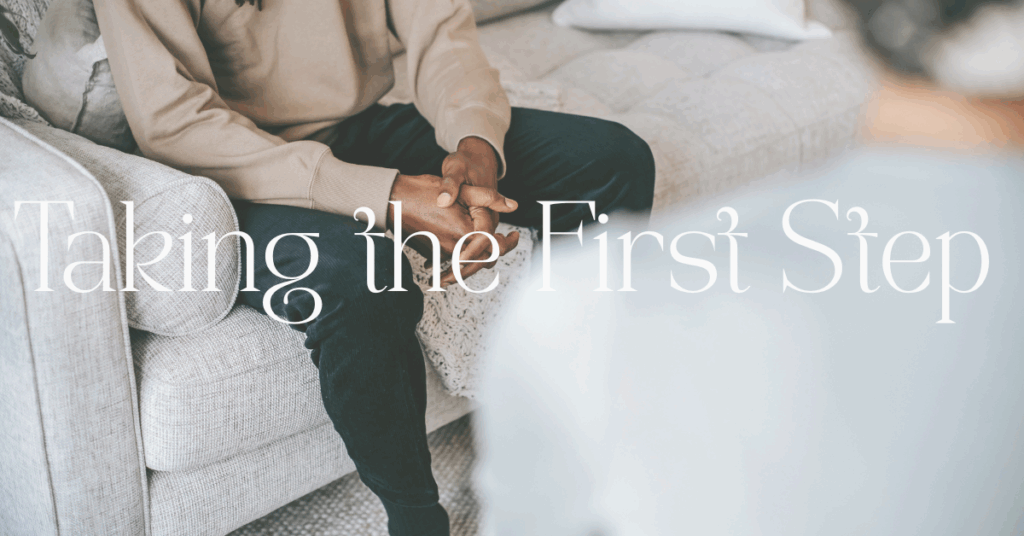Taking the first step toward therapy can feel like a mix of hope and uncertainty. You may be asking yourself: What will I say? Will the therapist understand me? Is it okay to be nervous? These are completely normal thoughts. Whether you’re exploring counseling for the first time or returning after a break, this guide will help you feel more prepared and empowered as you begin.
At Refinery Counseling, we believe that your healing journey should begin with clarity, compassion, and care. Here’s what to expect when you walk through our doors for your first session.
Why People Come to Therapy
Before we dive into logistics, let’s acknowledge something important: there is no “wrong” reason to seek therapy. People come to counseling for a wide range of reasons:
- Managing anxiety or depression
- Healing from trauma or grief
- Navigating relationship struggles
- Building confidence and self-worth
- Processing life transitions
- Developing better coping tools
- Exploring identity, values, or purpose
Therapy is a brave and powerful step toward deeper self-understanding, emotional wellness, and lasting change.
Before Your First Session
After you book your first appointment, you’ll typically receive intake forms. These forms cover basics like your background, medical history, and what’s bringing you to therapy now. This allows your therapist to begin understanding your unique story even before you meet.
Tip: Don’t worry about having all the answers. Just share what feels honest and true in the moment.
You’ll also be able to ask any questions about payment, scheduling, or how sessions are structured.
Walking Into the Room (or Logging On)
Whether you’re meeting in person or virtually, your first session is about connection—not perfection.
Expect a welcoming, calm environment where you can feel safe to share at your own pace. Your therapist will likely begin with a warm introduction, review confidentiality, and explain how therapy works. You’ll have space to ask questions or express any concerns.
From there, the conversation might touch on:
- What’s currently bothering you
- What you’d like to work on
- Any patterns you’ve noticed in your life
- What you hope to gain from therapy
You are in control of how much you share. There’s no pressure to “go deep” before you’re ready.
Common Myths About the First Session
Let’s debunk a few things:
- Myth: I have to share everything right away.
- Truth: You set the pace. Trust builds over time.
- Myth: The therapist will tell me what to do.
- Truth: Therapy is collaborative. We guide you to your own insight and healing.
- Myth: I have to be in crisis to go to therapy.
- Truth: Therapy is helpful for both crisis management and proactive self-care.
What Happens After the First Session
At the end of your session, your therapist will likely:
- Summarize key themes that came up
- Reflect back on what they heard
- Collaborate on the next steps or goals
- Discuss the frequency of sessions
You may leave feeling relieved, emotional, or even unsure—this is all part of the process. What matters is that you’ve started. Each session will build upon the last, creating space for trust, growth, and transformation.
How to Make the Most of Therapy
Be honest—even if it feels messy. Growth starts with honesty.
Ask questions. You’re allowed to be curious.
Take time between sessions to reflect. Healing continues outside the office.
Be patient with yourself. Progress isn’t linear, but it is possible.
Final Thoughts
Starting therapy is a courageous decision that opens the door to healing, clarity, and growth. Your first session is just that—a beginning. You don’t need to have it all figured out. You only need a willingness to show up.
At Refinery Counseling, we’re here to support you with empathy, respect, and the belief that your healing journey matters.

